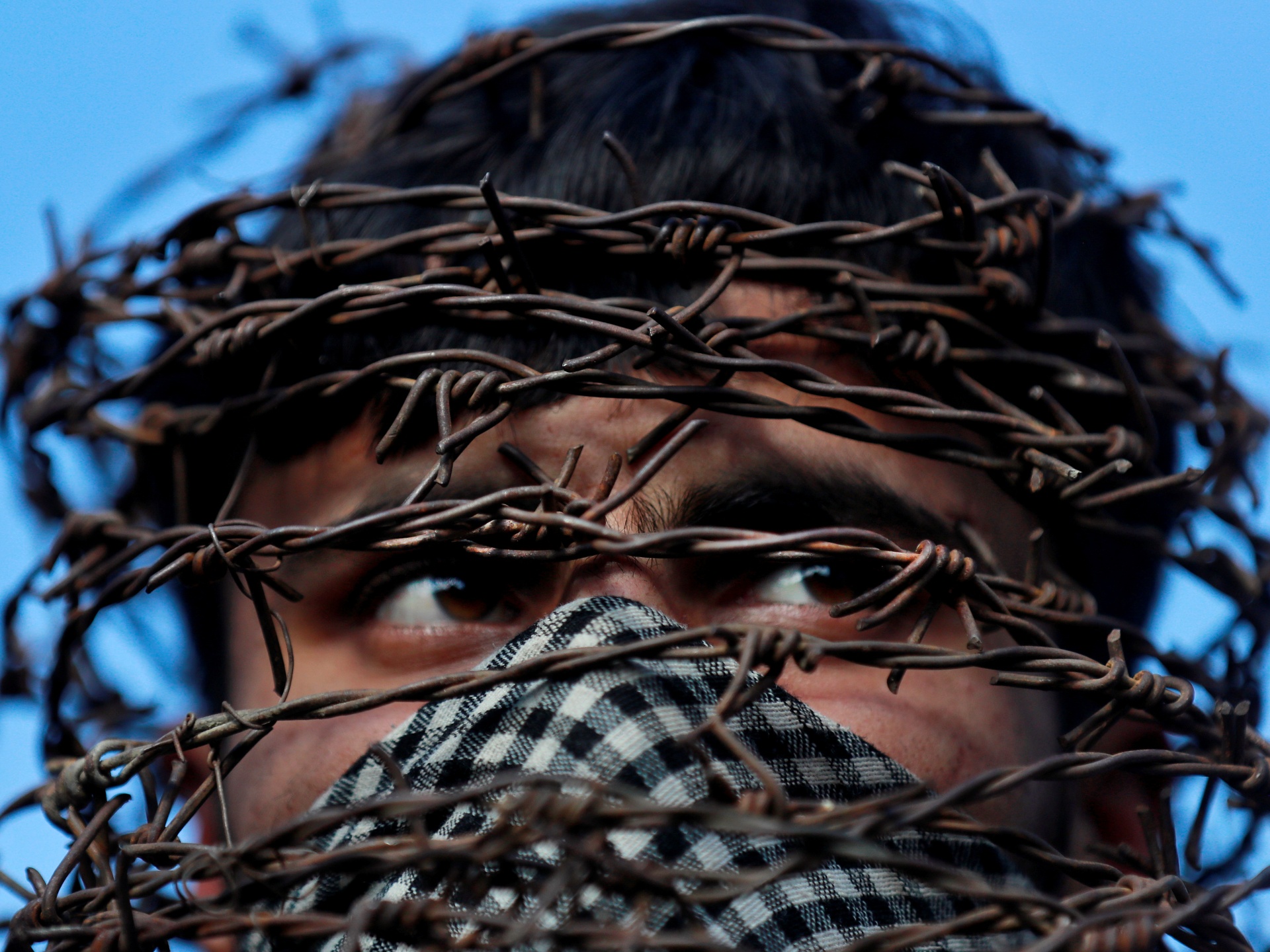
India and Pakistan were born 75 years ago out of a bloody division of the Indian subcontinent by the colonial British.
India and Pakistan were born 75 years ago out of a bloody division of the subcontinent by the colonial British, an event commonly referred to as partition.
Today, the two nuclear powers are deeply troubled neighbours, at odds mainly over the disputed territory of Kashmir.
Here are key dates in the fraught relations of the nuclear-armed rivals:
1947: Partition of India
Overnight on August 14-15, 1947, Lord Louis Mountbatten, the last viceroy of India, brings the curtain down on two centuries of British rule. The Indian subcontinent is divided into mainly Hindu India and Muslim-majority Pakistan.
A poorly prepared partition throws life into disarray, displacing some 15 million and unleashing sectarian bloodshed that kills nearly two million people.
1949: Kashmir’s division
Late in 1947, war breaks out between the two neighbours over Kashmir, a Muslim-majority region in the Himalayas.
A United Nations-backed, 770km (478-mile) ceasefire line in January 1949 becomes a de facto frontier dividing the territory, now known as the Line of Control and heavily militarised on both sides.
Some 37 percent of the territory is administered by Pakistan and 63 percent by India, with both claiming it in full.
1965: Second war
Pakistan launches a war in August 1965 against India for control of Kashmir. It ends inconclusively seven weeks later after a ceasefire brokered by the Soviet Union.
1971: Bangladesh is born
The neighbours fight a third war in 1971 over Islamabad’s rule in then East Pakistan, with New Delhi supporting Bengali nationalists seeking independence for what would in March 1971 become Bangladesh. Three million people die in the short war.
1974: Nuclear race
India detonates its first atomic bomb in 1974, while Pakistan’s first public test will not come until May 1998. India carries out five tests that year and Pakistan six. Respectively the world’s sixth and seventh nuclear powers, they stoke global concern and sanctions.
1989: Kashmir rebellion
An uprising breaks out in Indian-administered Kashmir against New Delhi’s rule in 1989, and thousands of fighters and civilians are killed in the following years as battles between security forces and Kashmiri rebels roil the region.
Widespread human rights abuses are documented on both sides of the conflict as the rebellion takes hold.
Thousands of Kashmiri Hindus flee to other parts of India from 1990 onwards fearing reprisal attacks.
1999: Kargil conflict
In 1999, Pakistan-backed rebels cross the disputed Kashmir border, seizing Indian military posts in the icy heights of the Kargil mountains.
Indian troops push the intruders back, ending the 10-week conflict, which kills nearly 1,000 fighters and soldiers on both sides. The battle ends under pressure from the United States.
A series of attacks in 2001 and 2002, which India blames on Pakistan-based armed groups, leads to a new mobilisation of troops on both sides.
A ceasefire is declared along the frontier in 2003, but a peace process launched the following year ends inconclusively.
2008: Mumbai attacks
In November 2008, a group of heavily armed attackers attack the Indian city of Mumbai and kill 166 people. India blames Pakistan’s intelligence service for the assault and suspends peace talks.
Contacts resume in 2011, but the situation is marred by sporadic fighting.
Indian troops stage cross-border raids in Kashmir against separatist positions.
Indian Prime Minister Narendra Modi makes a surprise visit in December 2015 to Pakistan.
2019: Autonomy revoked
India vows retaliation after 41 paramilitary members are killed in a 2019 suicide attack in Kashmir claimed by a Pakistan-based armed group.
Tit-for-tat air raids by the two nations take them to the brink of war.
Later that year, India suddenly revokes Kashmir’s limited autonomy under the constitution, detaining thousands of political opponents in the territory.
Authorities impose what becomes the world’s longest internet shutdown and troops are sent to reinforce the estimated half a million security forces already stationed there.
Tens of thousands of people, mainly civilians, have been killed since 1990 in the rebellion.








